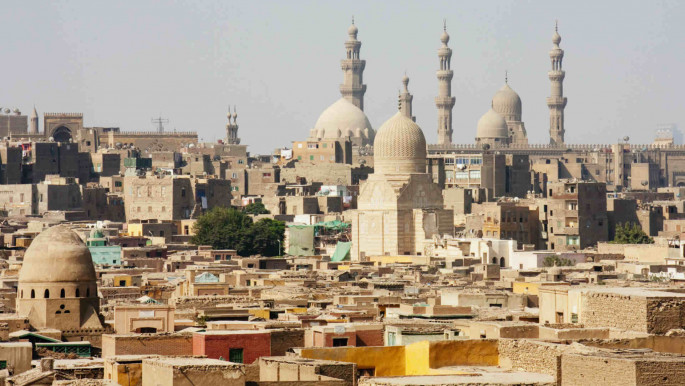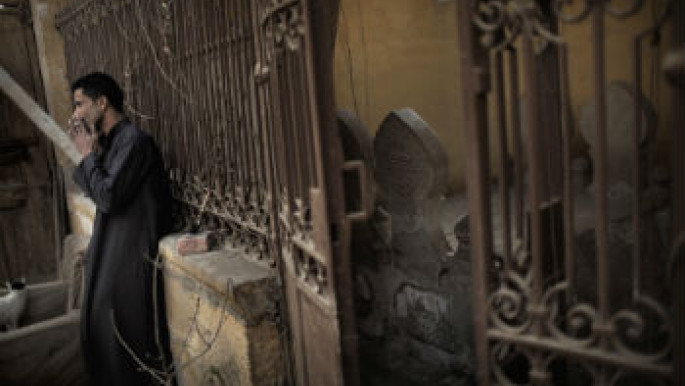Tomb-raiders: Medical students fuel grave-robbing in hunt for cadavers
Egyptian medical students are fuelling a rise in grave-robbing by buying stolen corpses from unscrupulous undertakers for around 20,000 Egyptian pounds ($1100) each.
The students, hit hard by high living costs and a failing economy, are turning to lower-cost alternatives instead of importing models or cadavers from abroad, in order to fulfill the requirements of their studies.
The price reportedly varies depending on the condition of the body before they are preserved for teaching purposes in universities.
The scandal came to light after a member of the House of Representatives for the province of Qena (south of Cairo), Major Khalid Khalf Allah, said residents had reported grave-robbers taking advantage of the lack of lighting in cemeteries to dig up corpses. Khalf Allah said the thefts could lead to violence, including fights with the deceased's family members.
The Ministry of Higher Education admitted the violation of graves was spreading throughout Upper Egypt, and called for better provision of equipment for medical students.
Khalf Allah said graveyards in Nuja and Azabeh, used by sixty villages in the area, were particularly at risk. The graves being most targeted are collective "charity graves" - in which are buried those whose families were unable to afford a private tomb.
 |
| Cairo's sprawling cemeteries in Lower Egypt often have people living among the tombs, providing an element of security for the corpses interred there [UIG/Getty] |
Telephone numbers had been made available to students to contact those who exhume graves at night, said Khalf Allah.
The corpses of those most recently deceased understandably command the most money. The bodies may be sold whole, or in parts, he added.
"The exhumation of graves for the purpose of selling corpses to medical school students is not new," Mohammed Raslan, a local shopkeeper, told The New Arab.
"There are many who have accumulated considerable fortunes from that trade," he said.
A lecturer at Ain Shams university, who asked to remain anonymous, also admitted there was a problem, but inferred it was limited.
 |
|
| In Cairo, thousands of people live among the graves of the city's vast cemetery, known as the Necropolis [AFP] |
"There are cadavers imported from East Asian countries at high cost, and plastic structures are available in medical equipment stores - but they are impractical," the lecturer told The New Arab.
"Some students get the bodies of unidentified people from the morgue after receiving the permission of the Attorney General to transfer the bodies to the university, in addition to the bodies of those sentenced to death.
"The nature of the study in the college and the specialisations related to the human body has forced students to resort to the purchase of bodies, especially since colleges do not provide them with enough corpses."
The shortage of cadavers available in Egyptian medical schools has long been a problem, with students saying that they are forced to either buy corpses, or seek private tuition in anatomy.
Abdel Hamid al-Atrash is the former head of the Fatwa Committee at Al-Azhar, Egypt's pre-eminent seat of Islamic learning. "The exhumation of graves not permissible in law," he said.
"God honoured the human being - alive and dead."
Follow us on Twitter: @The_NewArab



